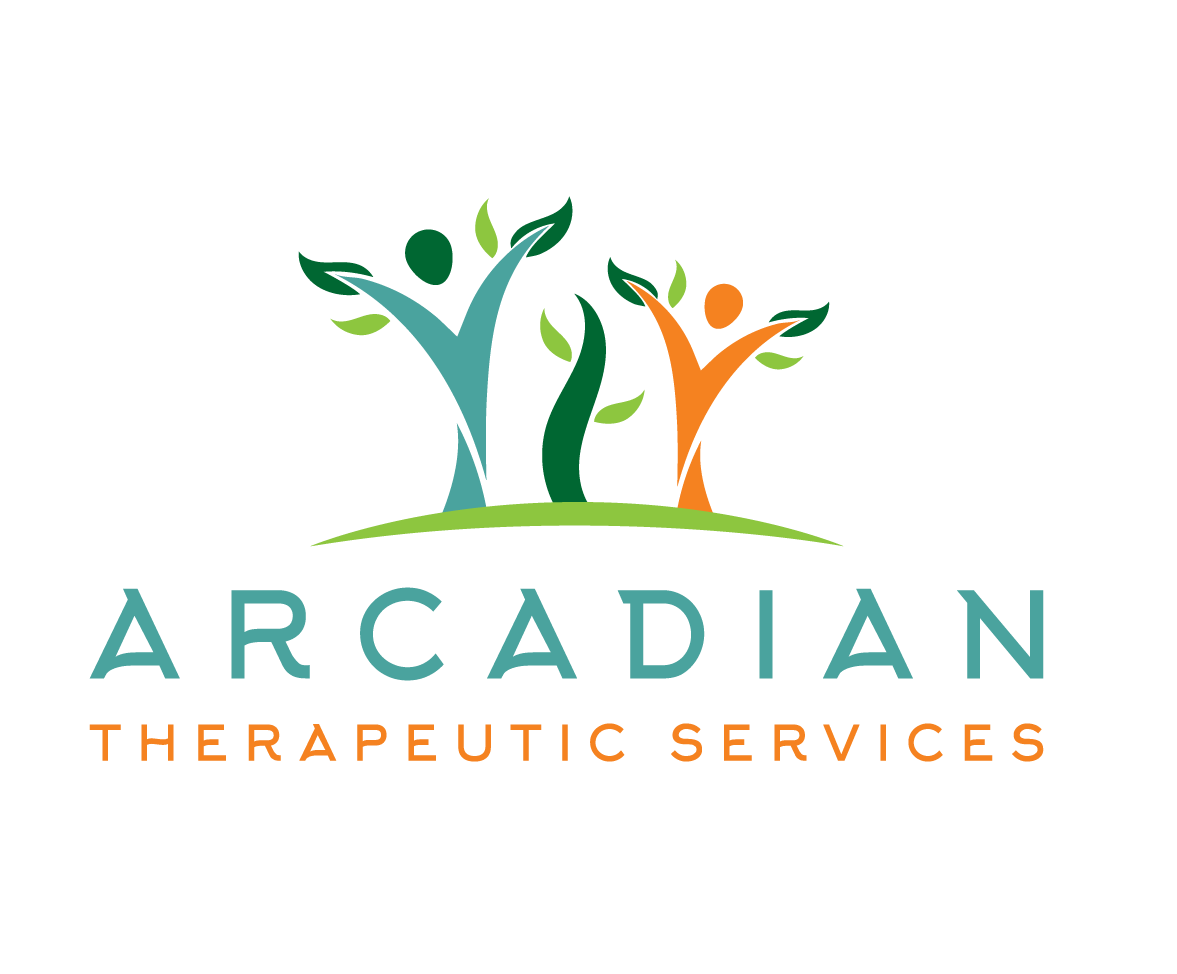How To Process Through An Existential Crisis
An existential crisis can be a challenging time for anyone to go through and can be caused by big life changes. The ever-present question, who am I?, can leave you with even more questions than answers. It can leave individuals feeling lost, alone, and unsure of their place in the world. The intense questioning and uncertainty about one's purpose and meaning in life can be profoundly distressing and unsettling. However, there is hope for those going through an existential crisis, as both the Christian faith and existential therapy offer powerful tools for healing and finding meaning during this challenging time.
For those that believe in the Christian faith, one of the central beliefs is that God is present in all aspects of life, including the darkest and most difficult moments. This belief can provide comfort and hope during an existential crisis as it suggests a higher purpose and meaning at work, even when it is not immediately apparent. The idea that God is with us through the good times and the bad can bring peace and comfort in knowing that we are not alone in our struggles.
One Christian existentialist, Paul Tillich, writes, "The courage to be is the courage to accept oneself as accepted despite being unacceptable. The self is accepted by the power which establishes its acceptance." This quote suggests that even in moments of deep self-doubt and uncertainty, we can find acceptance and meaning through our relationship with God. The idea that God accepts us despite our flaws and imperfections can help individuals to find peace and acceptance within themselves.
Existential therapy, on the other hand, focuses on helping individuals find meaning and purpose in their lives and encourages them to take ownership of their existence. This can be particularly helpful during an existential crisis, as it helps individuals to confront their fears and doubts head-on and to find meaning and purpose in their lives despite these challenges. Existential therapist Irvin Yalom writes, "The existential vacuum is the experience of meaninglessness that often arises in the face of death, isolation, and personal freedom." He suggests that one of the key ways to heal an existential crisis is to confront this sense of meaninglessness and to find meaning and purpose in life despite these challenges.
As Christian existentialist Søren Kierkegaard writes, "Life can only be understood backward; but it must be lived forwards." Through faith and therapy, individuals can find the strength and courage to move forward and find meaning and purpose in their lives. Additionally, forgiveness and a loving and merciful God can provide comfort and healing for individuals dealing with guilt and shame. Kierkegaard wrote, "The function of prayer is not to influence God, but rather to change the nature of the one who prays." Existential therapists may encourage their clients to explore their spiritual beliefs and incorporate them into the therapeutic process to find meaning and purpose in their lives.
With these thought processes in mind, here are some ways to help walk through an existential crisis:
Think about what brings you joy
Complete a task (no matter the size)
Delight in the small and seemingly ordinary things
Talk about your thoughts and your feelings with your loved ones
Reignite (or find) your passion for your purpose
Helping others is always a great to start when searching to find your purpose
In conclusion, an existential crisis can be a difficult and unsettling experience. Still, both Christian faith and existential therapy offer powerful tools for healing and finding meaning during this challenging time. It is important to remember that you are not alone in your struggles and that there is hope for healing and finding purpose in life. It may take time, but with the help of faith and therapy, individuals can find the strength and courage to move forward and find meaning and purpose in their lives.
By Jonathan Boye, MS, MBA, LPC-MHSP, Arcadian Co-Founder
